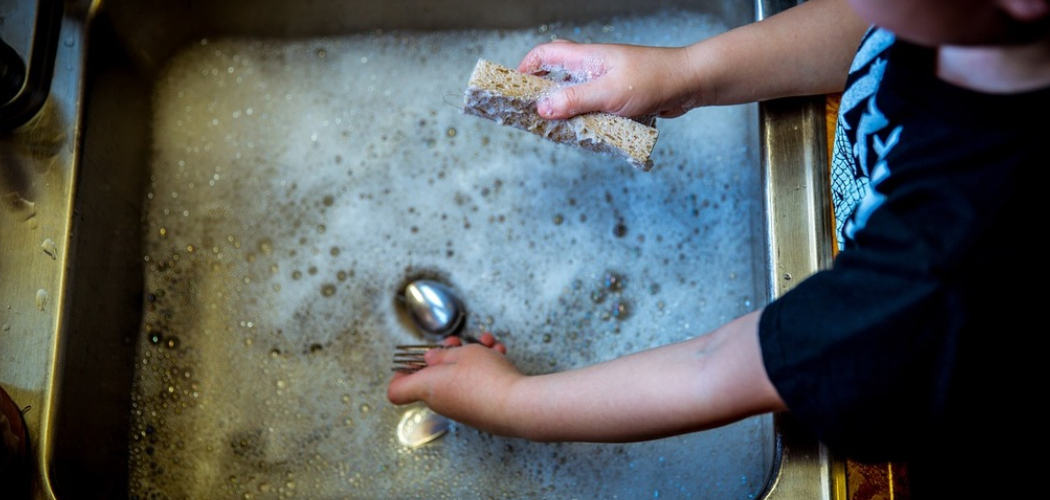Maintaining clean drains is essential for any household to prevent many problems, including clogs, unpleasant odors, and potentially costly repairs. When drains are neglected, common issues arise, such as slow drainage, backups, and even damage to your plumbing system.
Dirty drains can lead to stagnant water that fosters bacteria and mold growth, posing health risks. In this article, we will explore effective methods and preventive measures on how to keep your drains clean, ensuring they function efficiently. By understanding the significance of regular maintenance and the proactive steps you can take, you can safeguard your home from the inconvenience and expense of dirty drains.
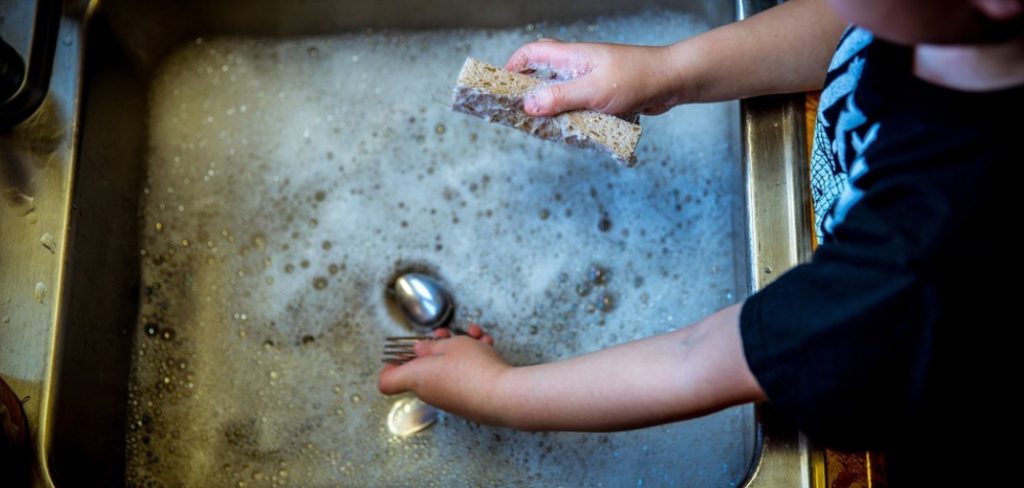
Understanding What Causes Drain Clogs
Clogs are often the result of a variety of substances accumulating in your plumbing system over time. Recognizing these common culprits is crucial for maintaining clean drains and preventing future issues.
Common Causes
The usual offenders leading to drain clogs include hair remnants, soap scum, cooking grease, food particles, and debris buildup. Hair can easily entangle and trap other materials, while soap scum forms a residue that sticks to pipe walls. Grease solidifies and sticks to surfaces; leftover food particles can create blockages when they accumulate in the drain.
Impact of Hard Water
In regions with hard water, mineral deposits, primarily calcium and magnesium, can significantly contribute to clogs. Over time, these minerals accumulate inside pipes, leading to narrowing passages that impede water flow. This buildup increases the risk of clogs and necessitates more frequent plumbing maintenance, as affected areas require additional attention to restore proper function.
How to Keep Your Drains Clean: Daily and Weekly Habits for Clean Drains
Daily Habits
One of the best ways to keep your drains clean is to adopt a few simple daily habits. Use Drain Screens: Installing drain screens or filters in sinks, showers, and tubs is essential. These devices catch hair, food particles, and various debris before they can slip down the drain and cause clogs. Regularly emptying these screens can save you from more extensive cleaning later.
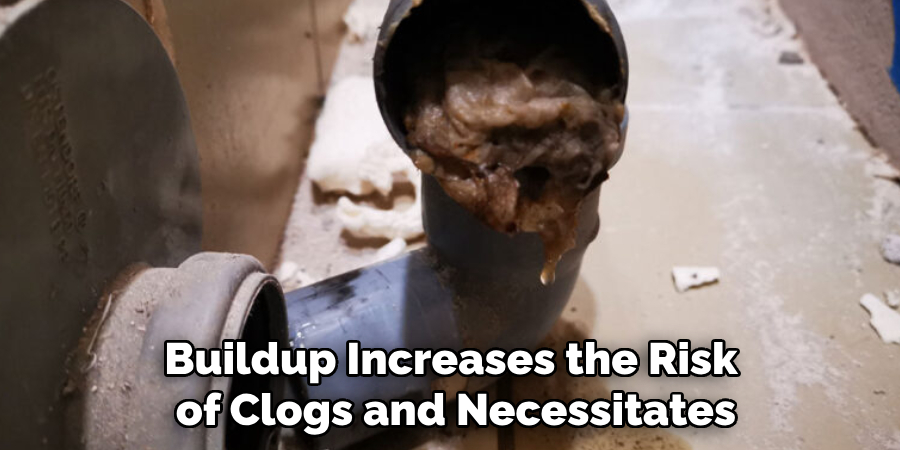
Additionally, it’s important to Avoid Pouring Grease Down the Drain. Instead of disposing of cooking grease and oils in your sink, use a separate container to collect these substances. Once the container is full, dispose of it with your household waste. This practice mitigates the risk of grease solidifying in your pipes and causing stubborn clogs. To complement these habits, Run Hot Water Regularly down your kitchen sink after each use. This helps flush away any residual grease or food particles that might linger, keeping your plumbing system flowing smoothly.
Weekly Habits
Incorporating a few tasks into your weekly routine can significantly extend the health of your drains. Start by Cleaning Drain Stoppers: Remove and clean drain stoppers weekly to eliminate buildup of hair, soap scum, and other debris that accumulates over time. A simple rinse with hot, soapy water can work wonders.
Next, Flush Drains with Hot Water and Dish Soap at least once a week. Pour a mixture of hot water and dish soap down your drains. This combination helps to break down grease and other residues, preventing clogs before they form. An effective natural method involves Using Baking Soda and Vinegar. Pour a half-cup of baking soda down the drain, followed by a cup of vinegar. Allow the solution to sit and fizz for about 30 minutes before flushing with hot water. This not only cleans the drain but also neutralizes odors.
Bi-Weekly Cleaning
To maintain optimal drain health, consider implementing bi-weekly cleaning methods. The Boiling Water Method is a simple yet effective way to dissolve minor buildups. Pouring boiling water down your drain every two weeks can keep your pipes clear of buildup.
Additionally, employ Enzyme Cleaners as a preventative measure during these cleanings. These enzyme-based products work to break down organic matter, helping to maintain clear drains without the use of harsh chemicals. Follow the instructions on the product label, and incorporate these cleaners into your routine to keep your plumbing in top condition.
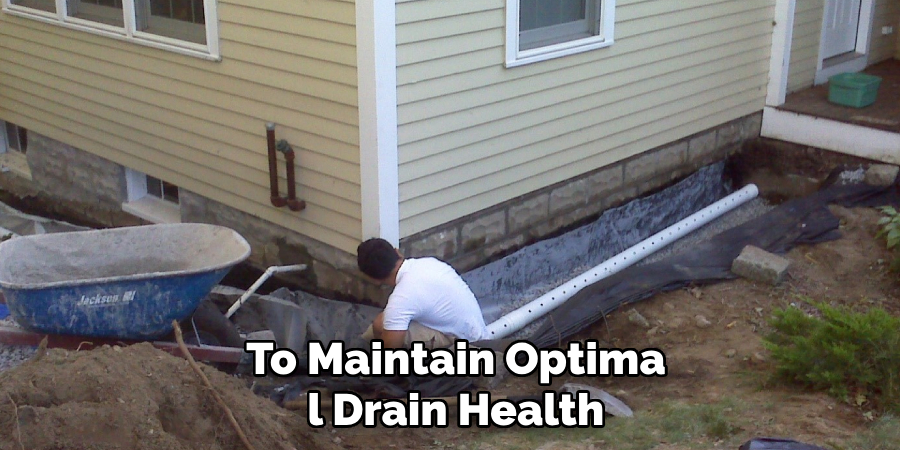
How to Keep Your Drains Clean: Monthly Deep Cleaning Techniques
Vinegar and Baking Soda Deep Clean
For a more intensive version of the baking soda and vinegar technique, pour a generous half-cup of baking soda directly into the drain. Follow this with a full cup of undiluted vinegar, ensuring that it also enters the pipe properly. The combination will produce a fizzing reaction that effectively breaks down clogs and residue. Allow the mixture to sit for an extended period, preferably one hour, to maximize its effectiveness. For particularly stubborn issues, consider repeating this process. Once the time has elapsed, flush the drain thoroughly with hot water to clear out any remaining debris and to help ensure a fresh-smelling drain.
Flush with Salt and Boiling Water
Another effective monthly strategy is to use salt in combination with boiling water. Start by pouring about half a cup of salt into the drain, allowing it to settle within the pipes. After a few minutes, carefully pour a kettle of boiling water down the drain. The salt acts as a coarse agent that can help scour the interior of the pipes, removing any stubborn buildup or residue. This method not only cleans the pipes but also helps to maintain a smooth flow by breaking down grease and debris.
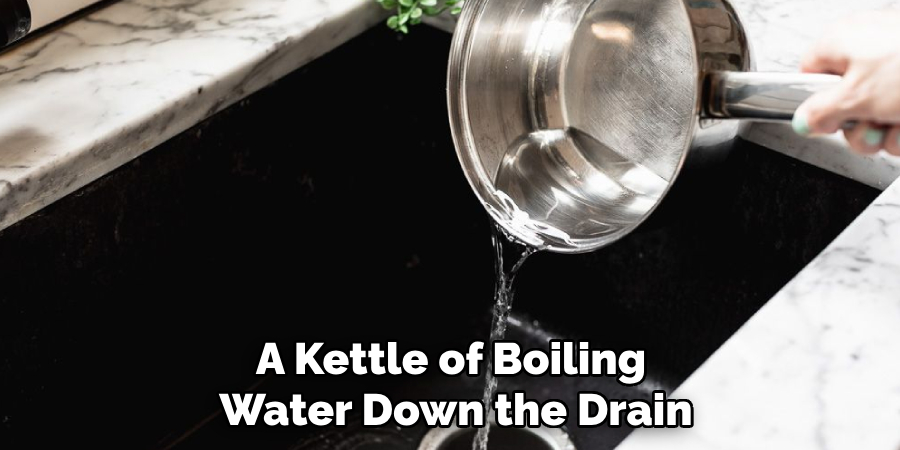
Using a Plunger or Drain Snake
Incorporating the use of a plunger or drain snake into your monthly cleaning routine can prevent minor clogs from escalating into major blockages. To use a plunger, ensure there is enough water in the sink to cover the rubber bell. Position the plunger over the drain and create a tight seal. Push down firmly and pull up quickly, repeating this motion several times to create suction and pressure. If a clog persists, insert a drain snake into the drain while turning the handle to feed the snake deeper into the pipe. Once the clog is reached, pull the snake out slowly to retrieve the debris. Flush the drain with hot water to clear any remaining residue.
Preventative Measures for Specific Drains
Kitchen Sink
To maintain the health of your kitchen sink drains, it is crucial to avoid certain foods that can lead to clogs. Starchy or fibrous items like potato peels, rice, and celery should never be put down the garbage disposal, as they can easily create blockages. To ensure the garbage disposal functions effectively, consider performing regular maintenance, such as grinding ice cubes and lemon peels once a month.
This not only cleans the blades but also helps to freshen the drain, leaving it odor-free. Additionally, installing a grease trap under the sink effectively prevents fats, oils, and grease from entering your plumbing system. By intercepting these substances before they reach your pipes, you can significantly reduce the risk of future clogs.
Bathroom Drains
In bathrooms, hair is one of the primary culprits behind clogged drains. Using hair catchers or strainers in showers and sinks is highly recommended to mitigate this issue. These simple devices can prevent hair from slipping down the drain and causing major blockages. Additionally, consider switching to liquid soap instead of bar soap, as it can reduce soap scum buildup within the drainage system.
If soap scum accumulation is a concern, applying a vinegar rinse weekly can help break down residue and maintain clear drains. Regular maintenance is key, so remember to remove, and clean shower and sink drain cover on a monthly basis to clear out any remaining hair and soap buildup that could lead to future clogs.
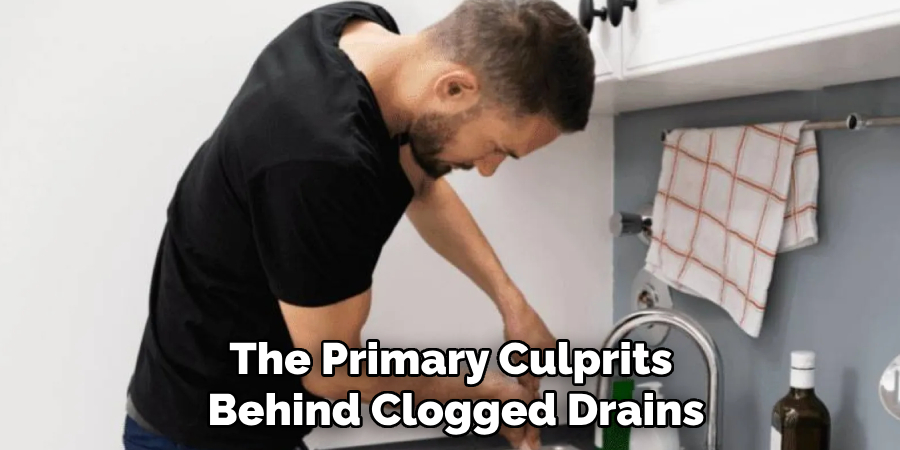
Outdoor Drains
Outdoor drains are often susceptible to blockages from natural debris, making regular clearance essential. Keep an eye on your outdoor drains by regularly removing leaves, dirt, and other debris that can hinder proper drainage and lead to flooding. Furthermore, tree roots can pose a significant threat to underground drains and pipes; thus, conducting annual inspections or recruiting professional services is advisable if you notice slow drainage.
Installing drain guards on outdoor drains is another effective measure, preventing debris from entering the system and causing unwanted clogs. By incorporating these preventative strategies, you can help ensure that your outdoor drainage remains functional and effective year-round.
Signs Your Drains Need Professional Attention
Persistent Slow Drains
This may indicate a deeper issue within your plumbing system if you’re experiencing persistent slow drainage despite regular cleaning methods. Often, it could signify a blockage in the main sewer line, which requires immediate professional plumbing assistance to avoid more significant problems down the line.
Frequent Clogs
Frequent clogs can be a clear warning sign of a bigger problem at hand. Continuous blockages may suggest deteriorating pipes or recurring buildup that regular cleaning cannot resolve. In such cases, it is advisable to seek professional help for thorough cleaning or to consider pipe replacement to restore proper drainage.
Unpleasant Odors
Unpleasant odors emanating from your drains, even after attempts at cleaning, could point to a larger underlying issue, such as a sewer gas leak. This issue is unpleasant and potentially hazardous, necessitating prompt, professional investigation and repair to ensure safety and comfort in your home.
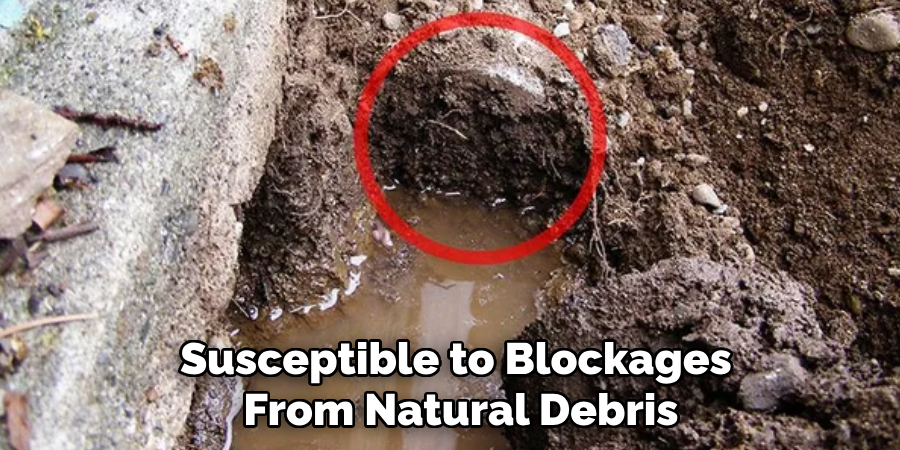
Conclusion
In summary, maintaining clean drains is crucial for ensuring optimal plumbing performance. Key steps include adopting daily habits, such as rinsing dishes before use and being cautious about what goes down the sink. Monthly deep cleaning techniques, like using baking soda and vinegar or a combination of salt and boiling water, can significantly reduce buildup.
It’s vital to implement preventive measures, such as using hair catchers in bathrooms and avoiding certain food items in kitchen sinks, to avert major clogs. Regular monitoring also helps in catching potential issues before they require professional intervention. Remember, learning how to keep your drains clean is not just about addressing problems as they arise; it’s about fostering a proactive maintenance routine.
By adopting these practices, you can ensure your plumbing system remains efficient and problem-free, sparing yourself from the hassle of costly repairs down the line.

